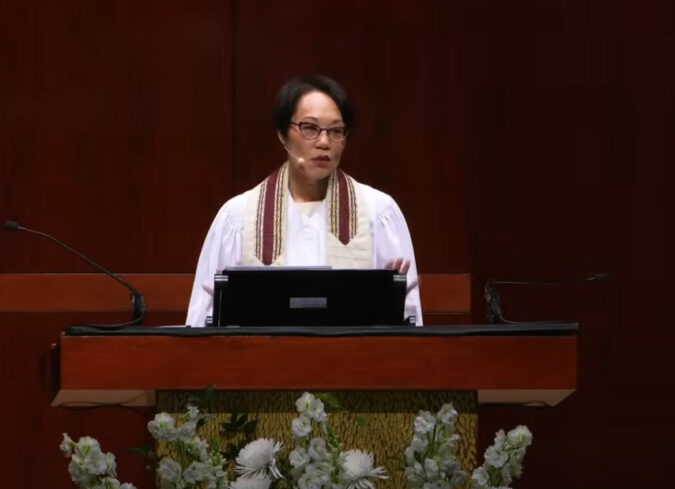Rabbi Jonathan Sacks, z’l: Bereishit A Living Book
Rabbi Sacks questions whether we can understand our history without the “prehistory” – the narratives of Abraham and Sarah and their offspring, the narrative of Adam and Eve, the Flood, and the Tower of Babel. He cites Rabbi Isaac who stated that the Torah should have begun with Exodus 12:2 – the first of the months, when the first commandment was given to Israel.











